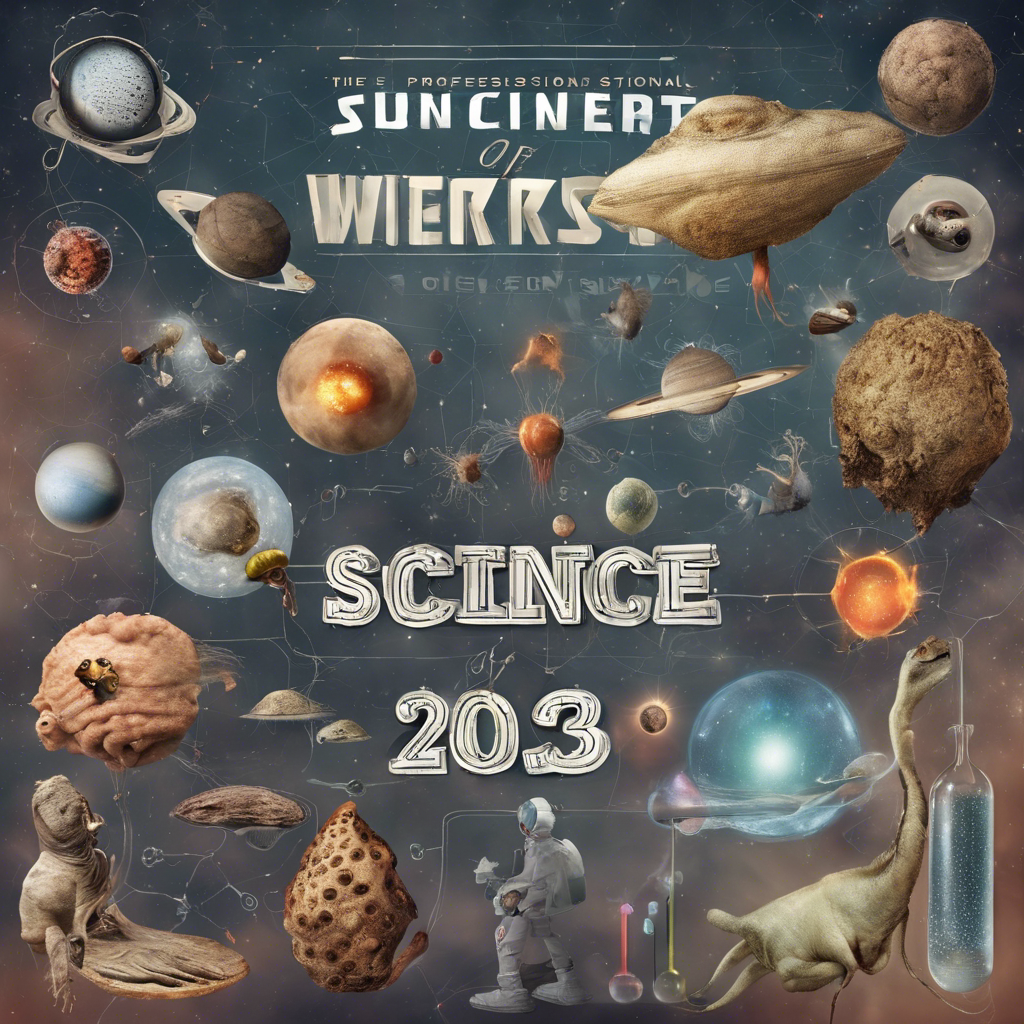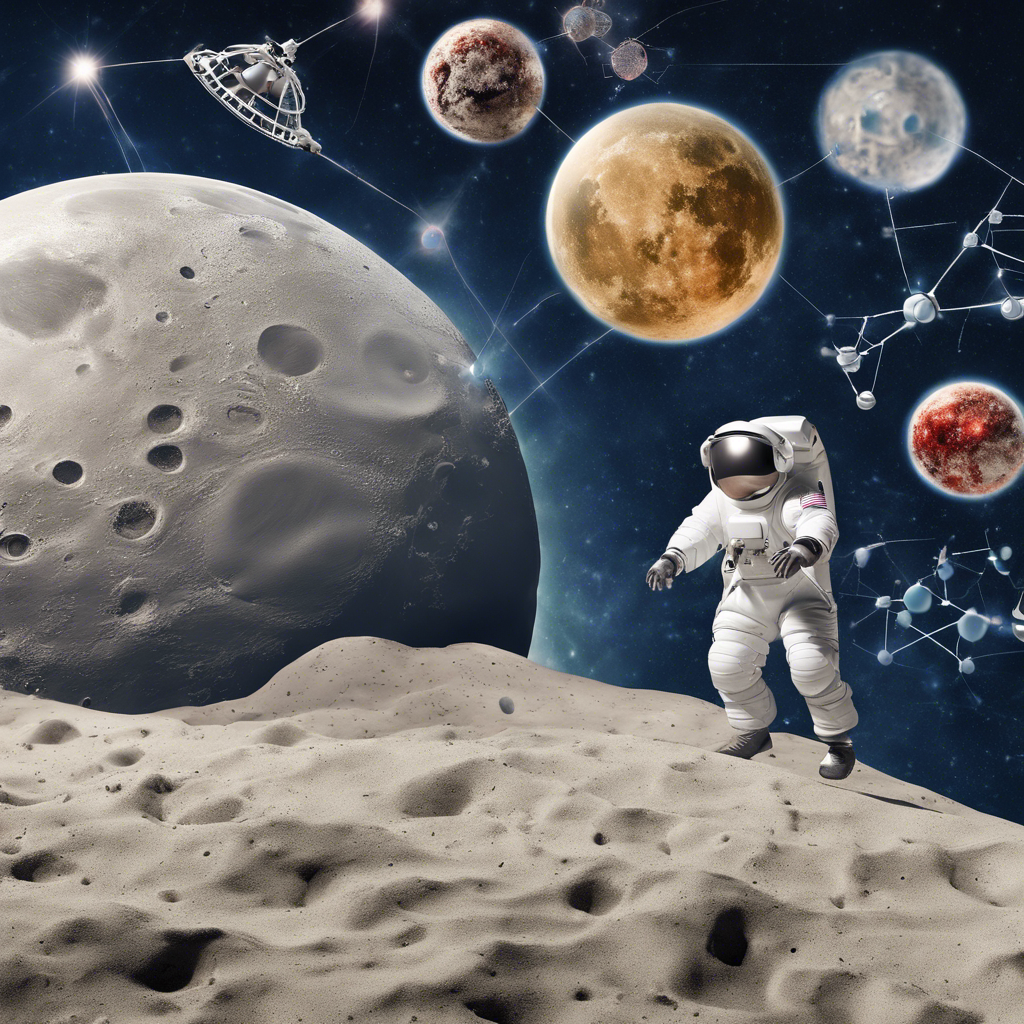Science Is Becoming Less Human

The Impact of Artificial Intelligence on Scientific Research
Artificial intelligence (AI) is revolutionizing the field of scientific research, enabling scientists to make groundbreaking discoveries at an accelerated pace. From drug discovery to disease analysis, AI is transforming the way researchers approach their work. However, this technological advancement comes with a drawback. AI’s ability to process vast amounts of data and produce results without explanation is raising questions about the role of human involvement in the scientific method. In this article, we explore the impact of AI on scientific research and the implications it has for our understanding of knowledge.
AI in Drug Discovery
AI is playing a crucial role in drug discovery, with potential applications in treating chronic diseases. Researchers are using artificial neural networks trained to analyze photographs and text to develop hypotheses about how the brain processes information. By leveraging AI’s capabilities, scientists can accelerate the drug development process and potentially find cures for previously incurable diseases.
AI in Biology
In the field of biology, AI is being used to study rare diseases, improve immunotherapies, and enhance our understanding of emerging viruses like SARS-CoV-2. By training AI models on genetic data, researchers can identify patterns and correlations that may have gone unnoticed by human researchers. This has the potential to lead to groundbreaking discoveries and advancements in medical treatments.
The Problem of Explainability
One of the challenges posed by AI in scientific research is the lack of explainability. Unlike human researchers who can provide detailed explanations for their findings, AI often produces results without clear explanations of how they were derived. This lack of transparency raises concerns about the reliability and validity of AI-generated research. Scientists must grapple with the question of how much trust can be placed in AI systems that do not show their work.
The Changing Landscape of Science
AI is not only accelerating the pace of scientific research but also reshaping its fundamental elements. From predicting tropical storms to analyzing brain scans, AI tools are transforming the way scientists approach their work. This shift raises important questions about the role of human creativity, intuition, and critical thinking in the scientific process. As AI becomes more integrated into scientific research, scientists must navigate the balance between relying on AI’s efficiency and preserving the human element of discovery.
Ethical Considerations
The increasing reliance on AI in scientific research raises ethical considerations. Who is responsible for the decisions made by AI systems? How can biases be mitigated in AI-generated research? As AI becomes more prevalent in scientific endeavors, it is crucial to establish guidelines and frameworks to ensure ethical practices and accountability. The scientific community must actively engage in discussions about the responsible use of AI to maintain the integrity of research.
Conclusion:
Artificial intelligence is undoubtedly transforming scientific research, enabling scientists to make groundbreaking discoveries at an accelerated pace. However, the lack of explainability and the diminishing role of human involvement raise important questions about the nature of knowledge and the scientific method. As AI continues to shape the scientific landscape, it is crucial for researchers to strike a balance between leveraging AI’s capabilities and preserving the essential human elements of discovery. By addressing the ethical considerations and establishing guidelines for responsible AI use, scientists can navigate this new era of scientific research with integrity and ensure that knowledge continues to advance in a meaningful and transparent manner.





